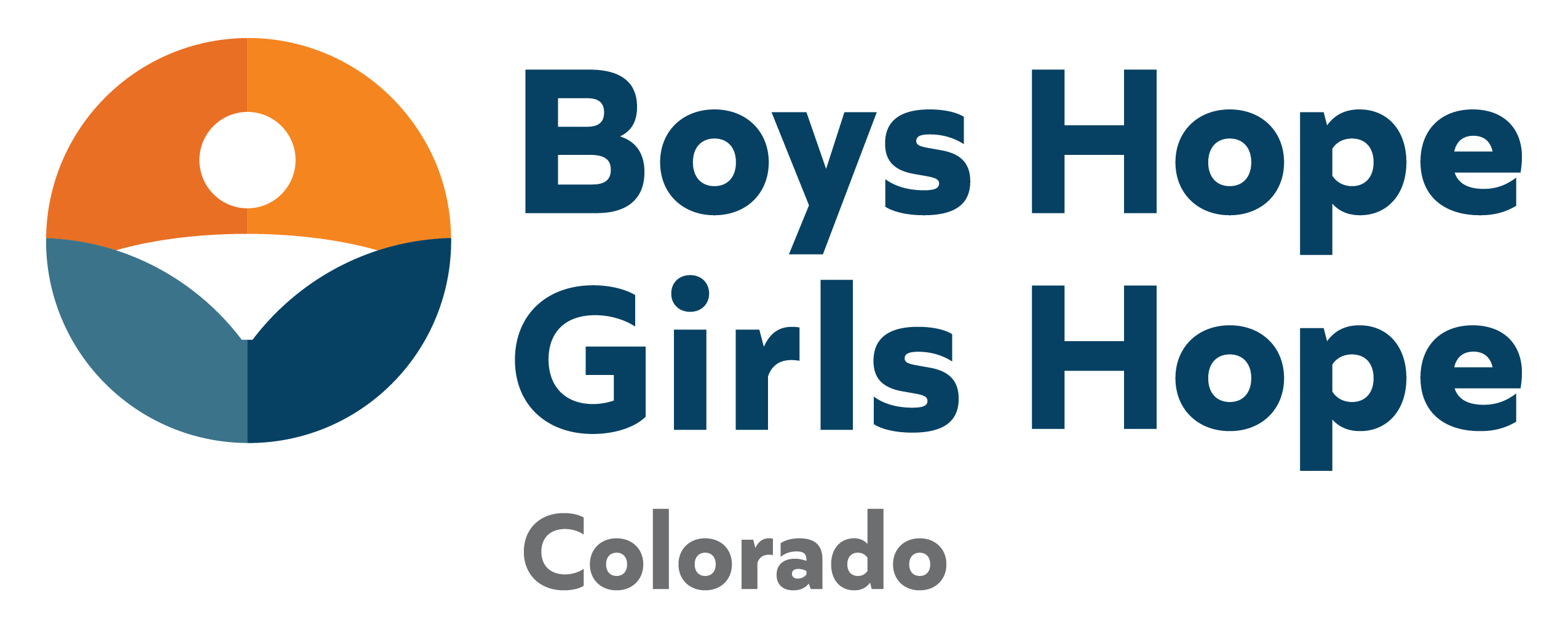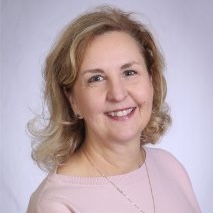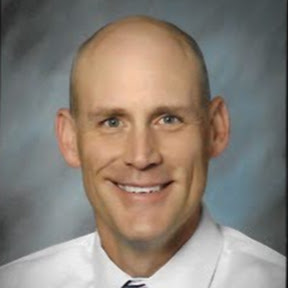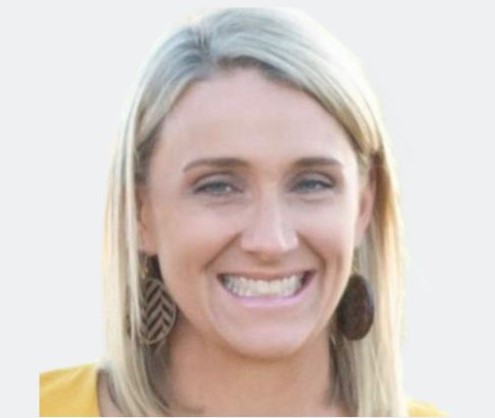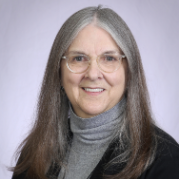We are Boys Hope Girls Hope of Colorado
Boys Hope Girls Hope of Colorado helps motivated high school students rise above under-resourced backgrounds. Our goal is to graduate young people who are physically, emotionally, and academically prepared for post-secondary education and productive life, breaking barriers so they can become community-minded leaders.
Boys Hope Girls Hope of Colorado firmly believes that young people have the power to overcome adversity, realize their potential, and help transform our world. They create these successes when we remove obstacles, support and believe in them, and provide environments and opportunities that build on their strengths.
Boys Hope Girls Hope of Colorado is a proud member of the Boys Hope Girls Hope Network. Our Network Headquarters, located in St. Louis, Missouri, connects, provides leadership to, and offers signature college-preparatory programming to affiliates across the nation, Mexico, and Guatemala. Each affiliate is independently incorporated, governed by its own board of directors, and responsible for its own fundraising. Affiliation and services agreements link the Network to ensure mission and brand fidelity, quality operations, maximum functional capacity, and consistency in training, programmatic standards, and best practices.
OUR MISSION & DNA
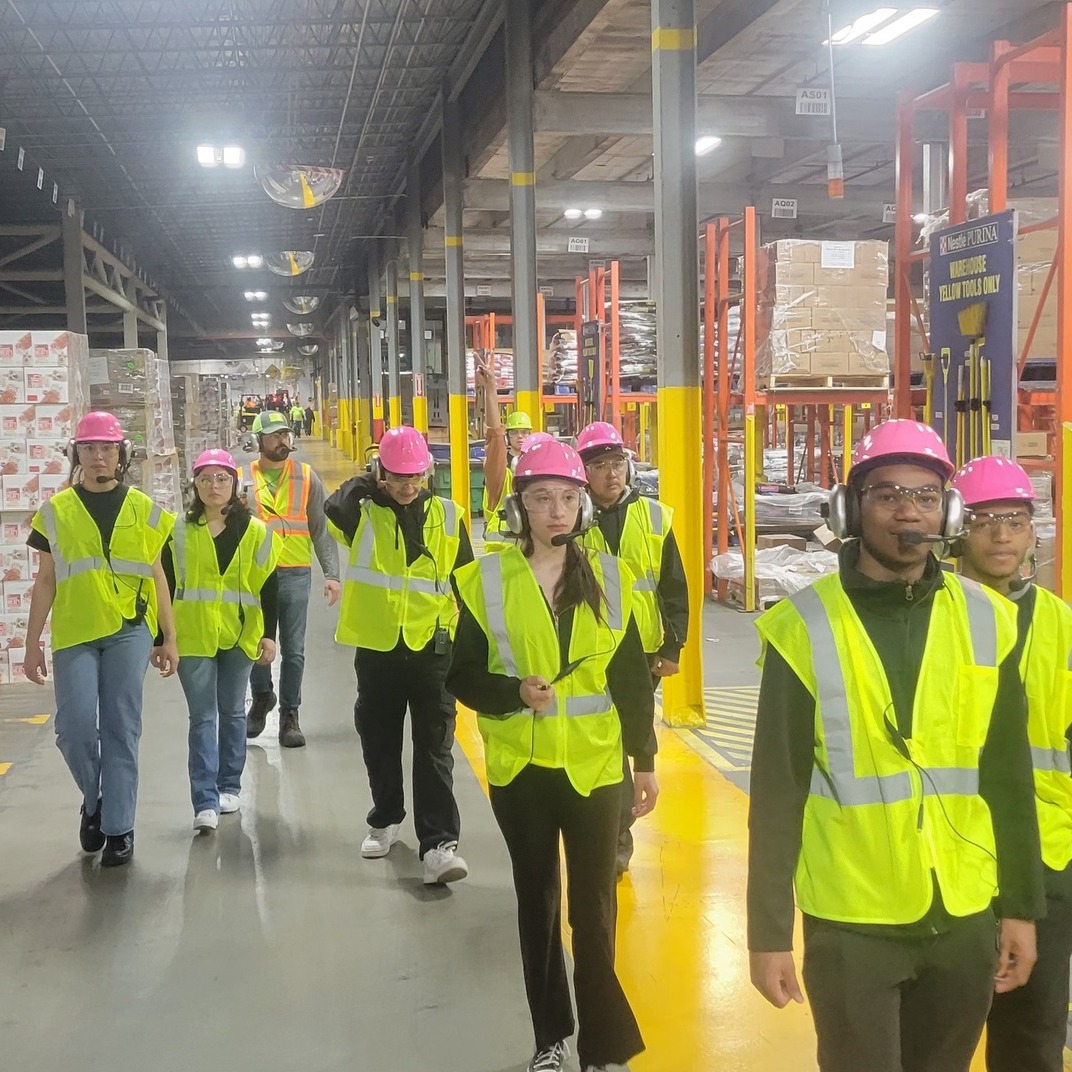
LOCAL IMPACT
Boys Hope Girls Hope of Colorado currently serves 130+ scholars in high school and college.
We have great numbers to represent our success and we often hit 100%. But that’s not where the story ends. There isn’t a number that is large enough to represent the character, ambition, courage and integrity of our young men and women.
See how Boys Hope Girls Hope is prioritizing Diversity, Equity, and Inclusion.
HISTORY
Boys Hope Girls Hope was founded in 1977 in St. Louis, Missouri by Rev. Paul Sheridan, SJ. Since that time, the program has been replicated across the US and in Latin America. Below are key highlights from our affiliate’s history.
1993
Boys Hope Girls Hope Colorado was established with the Boys Hope Residential Home.
2010
Just 2 blocks away from the Boy’s Home, the Girls Hope opened its door to serve 5 girls in need.
2013
The non-residential Academy Program was launched at Aurora Central High School for freshman and sophmore classes.
2016
9 scholars from the first Boy’s Hope Girl’s Hope Colorado Academy class graduated from Aurora Central High School.
2017
Alexis and Aaliyah, the first Girls Hope scholars graduated from college! Alexis graduated from Fort Lewis College and Aaliyah graduated from the University of North Texas.
2018
To serve more children-in-need, Boys Hope Girls Hope of Colorado focuses exclusively on our Academy and Collegian Programs.
2020
COVID-19 impacts the world and Boys Hope Girls Hope of Colorado keeps graduating scholars and collegians.
2023
Eighteen scholars graduate and enroll in college. The Board of Directors decides to serve more scholars and collegians, developing a plan to double the number of scholars and collegians over the next ten years.
LEADERSHIP
Our Board of Directors and staff collaborate to ensure mission fidelity, financial stewardship and transparency. This team of professionals is committed to continuous learning, effective programming and improvement through impact evaluation and innovation.

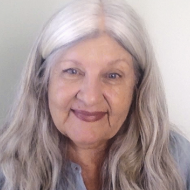


BOARD OF DIRECTORS
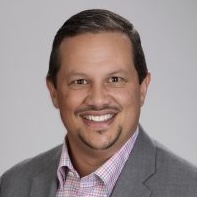
Jake Zambrano
Chair
76 Group
Frank Jedlicka Community Volunteer
Vice Chair
Community Volunteer
Polly Lestikow
Past Board Chair
Closet Factory
Jim Brendel
Treasurer
Moss Adams, ret.
Mary Frances Tharp
Secretary
Boys Hope Girls Hope of Colorado
Mary Beth Baer
Community Volunteer
Bob Bowman
Catalyst Law Group
David Card
Regis Jesuit High School
Beth Casey
InTANDEM HR
Sean Casper
Civitas Resources
Michelle Galuszka
Escuela de Guadalupe School
Kenneth Goebel
West Monroe Partners
Tara Hamilton
Dell Technologies
Laurel Hammer
KPMG
Connor McNulty
UMB Bank
Mark Michalek
Ramsay, Stattman, Vela, & Price, Inc.
John Newland
Hercules Industries
J.J. Pierce
Palo Alto Networks
Carmen Quintanilla
Regis Jesuit High School
Daniel Reyes
Worldwide Technology
Mary Spriester
IMEC, LLC
Kenneth Stable
University of Washington Law School Student
Jason Stover
SSA Associates
Jasmin Tapia
Citywide Banks
Aline Thongvanh
Charles Schwab
EMERITUS BOARD
Scot Anderson
Susan Bailey
Janet Cooper
Jack Corrigan
Scott Cromie
Rob Crosby
Dr. Robert Fante
Mark Kiniry
Chuck Latham
Mary Ann Littler
Dr. Charles Mateskon
Conor McCallin
Patrick McCarthy
Don McFall
Deborah S. O’Dwyer
Ann Rice
John & Angela Schmidt
Bob Strauss
Jo Swanson, Ph.D.
Kent Swanson
Stephen Tierney
Adam Truitt
YOUNG PROFESSIONALS BOARD
Liz Abell, Chair
Lucas Bisbee, Vice Chair
Margeaux Anderson, Treasurer
Tenaya Harrison-Morelock, Secretary
Dani O’Connor, Secretary
Emily Stork, Volunteer Chair
Kevin Kiyosaki, Membership Chair
Jorge Palacios, Membership Chair
Virginia Brightwell, Marketing & PR Chair
